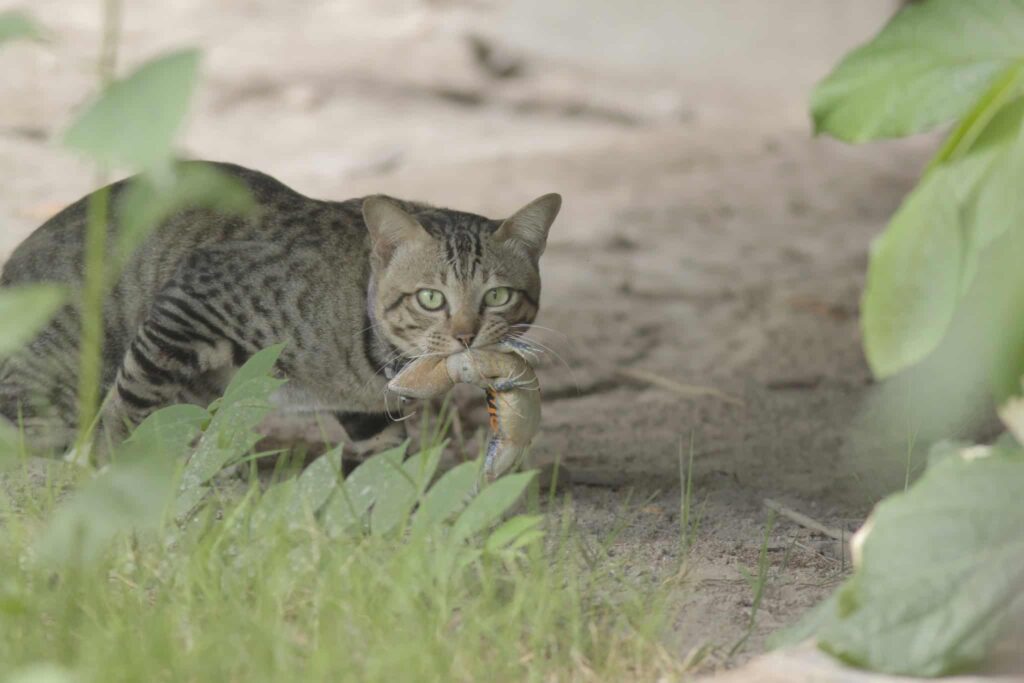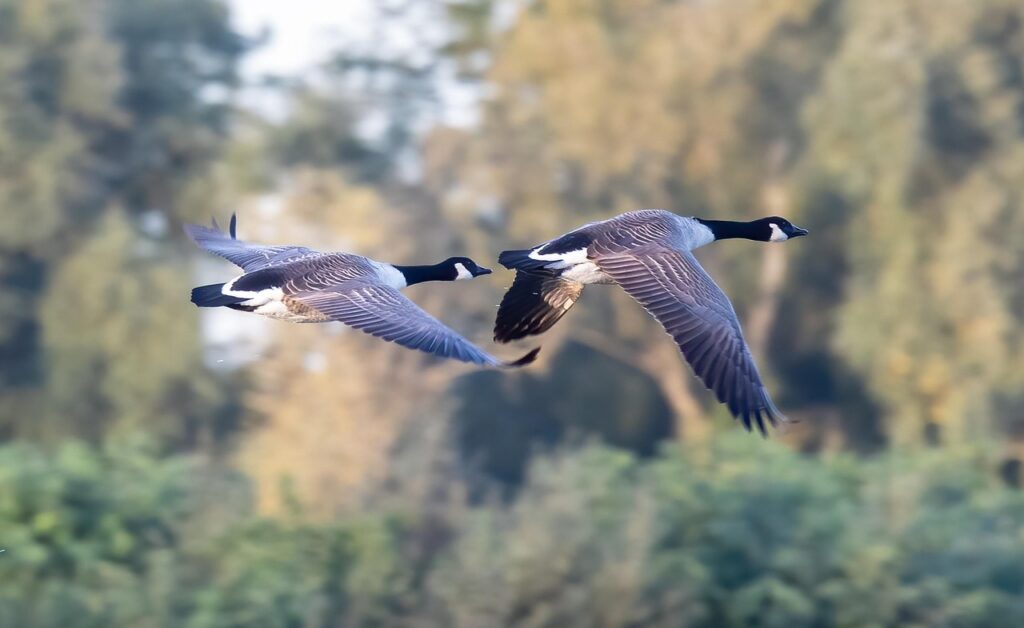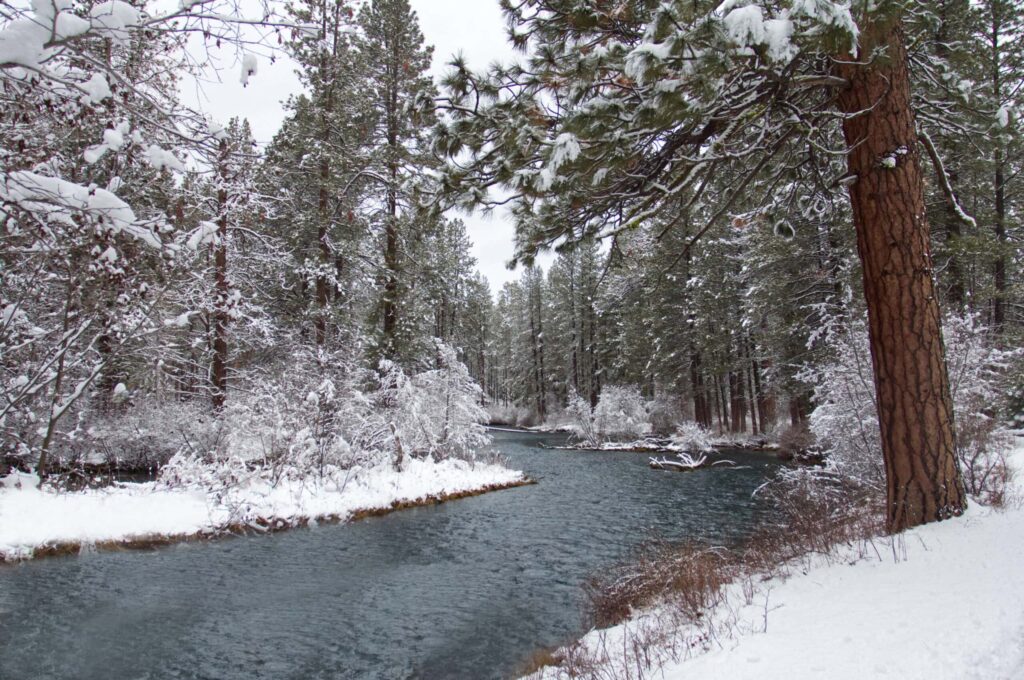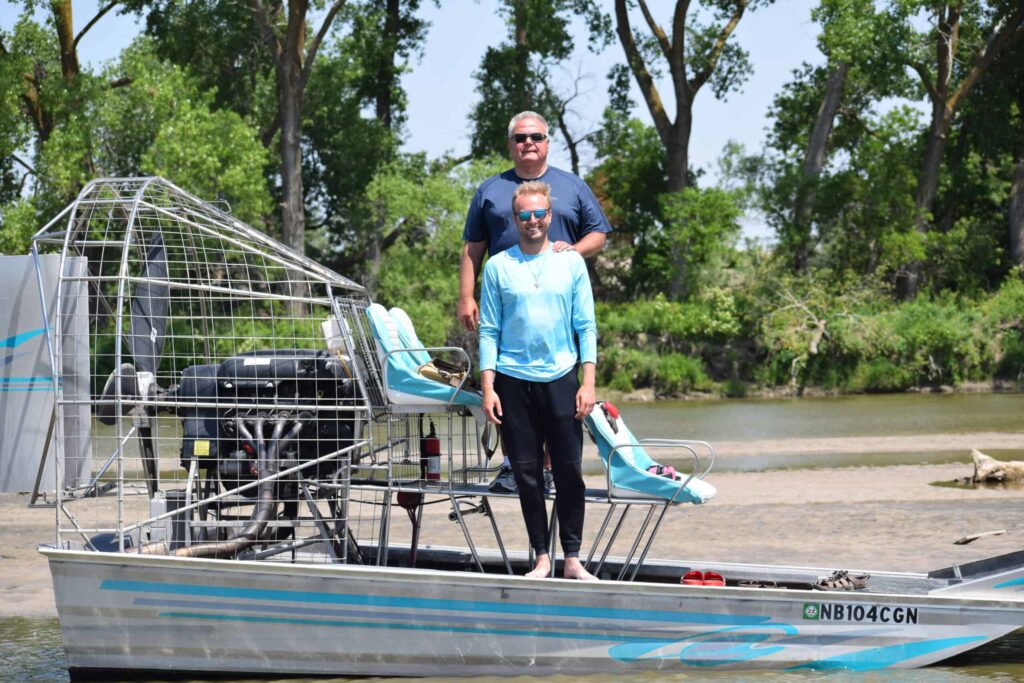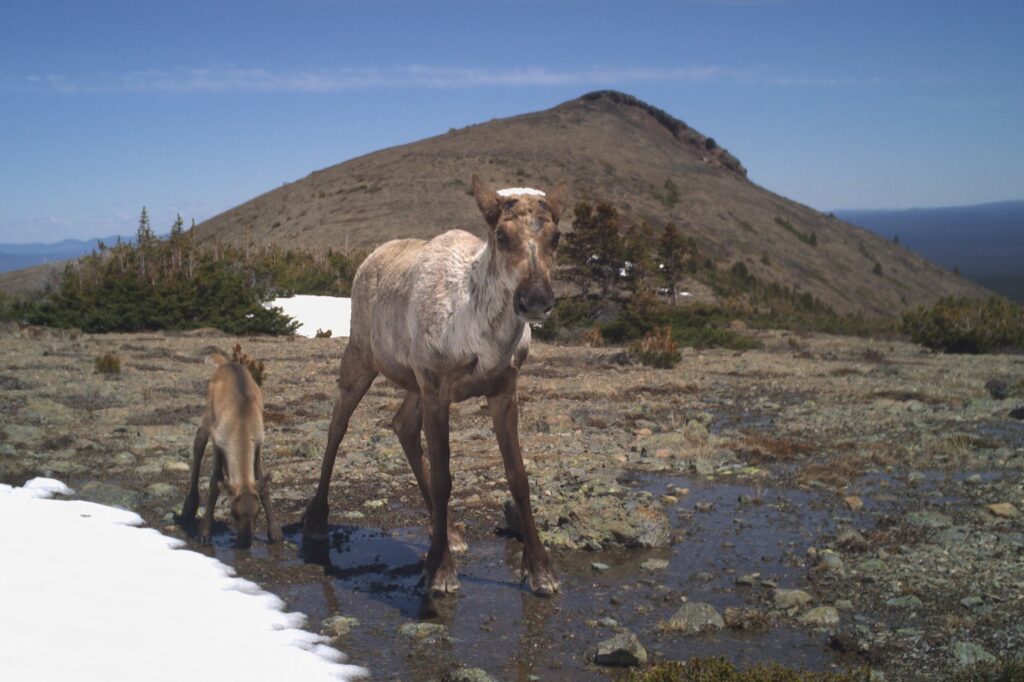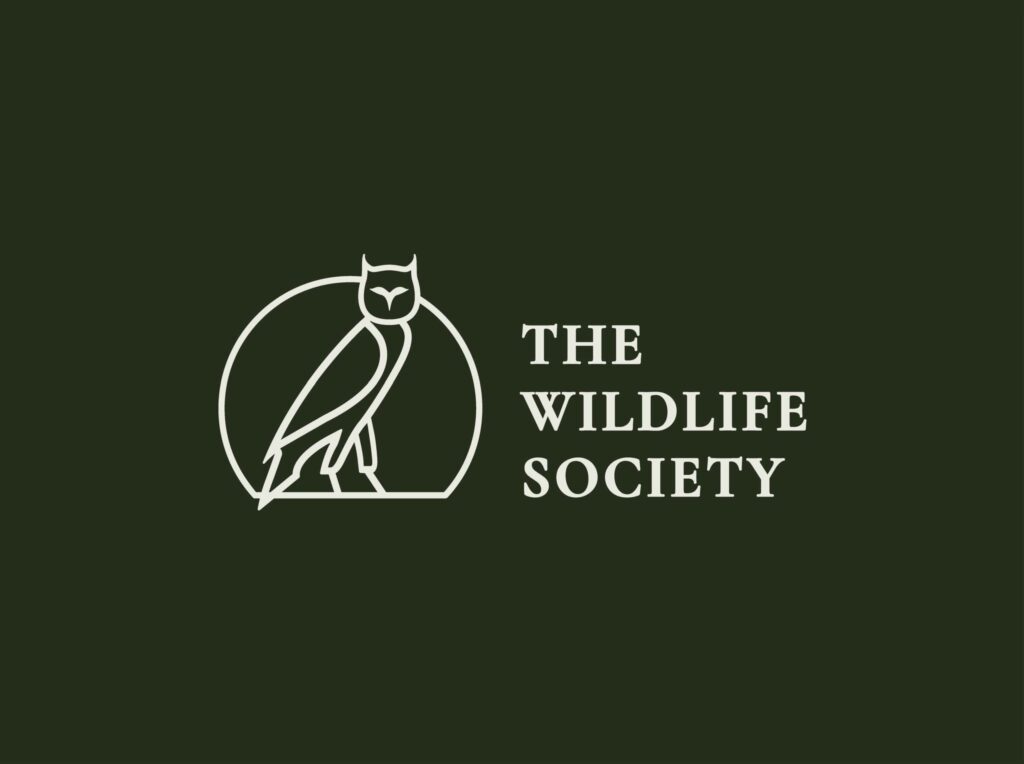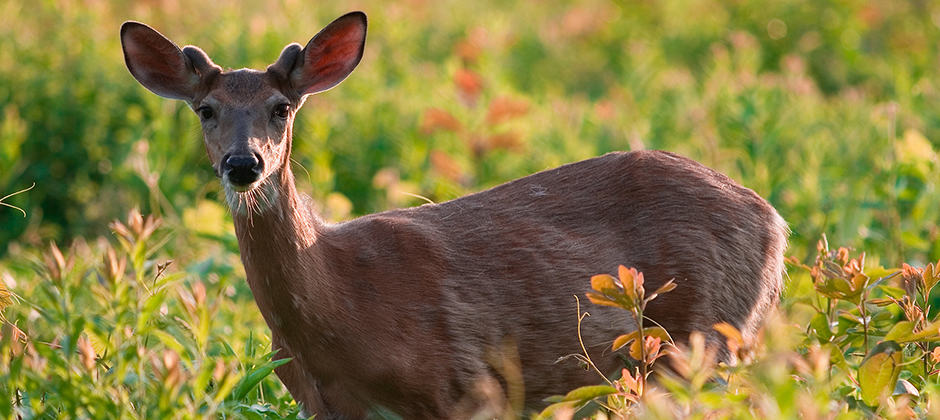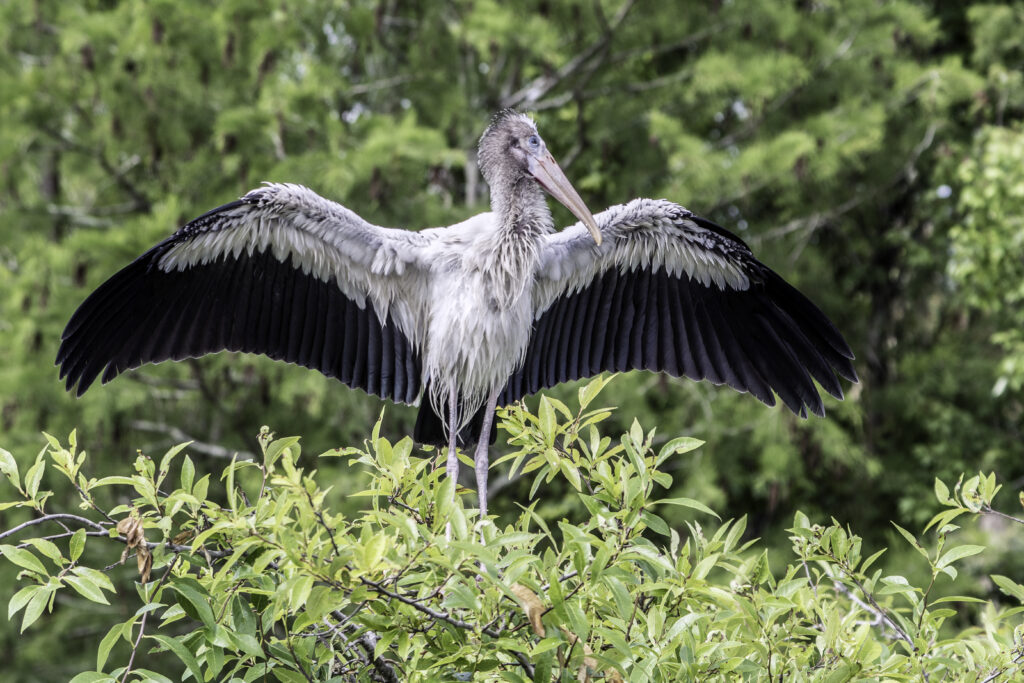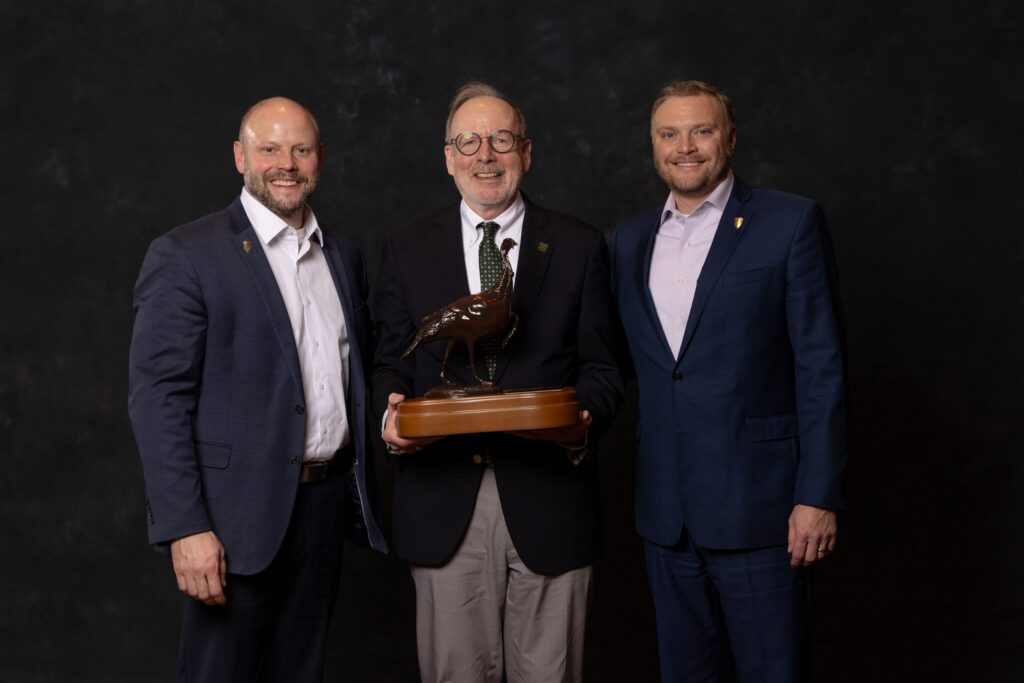Deer are contracting the novel coronavirus in the wild, according to a recent USDA-APHIS study in preprint. Researchers found antibodies to SARS-CoV-2—the virus that causes COVID-19 in humans—in 40% of wild white-tailed deer sampled in 2021 in four U.S. states: Michigan, Illinois, New York and Pennsylvania.
The presence of the antibodies suggests that the white-tailed deer (Odocoileus virginianus) encountered the coronavirus in the wild, possibly spilling over from infected humans. Widespread human infections “create the potential for reverse zoonosis from humans to wildlife,” researchers concluded in the paper published on preprint server bioRxiv. The paper has not been peer-reviewed.
The deer were not known to be sick, the USDA said. Previous research found deer exposed to the virus show minor symptoms. The risk of deer spreading the disease to humans is low, the agency said, and “there is no evidence that people can get COVID-19 by preparing or eating meat from an [infected] animal.”
Still, the appearance of the virus in the wild raises concerns about “the emergence of new animal reservoirs,” the researchers wrote, which could further spread the virus to humans or wildlife and allow new strains to emerge.
Future research should investigate whether predators and scavengers that interact with deer may be infected and look out for variants or other coronaviruses, the authors concluded.
For more, read a list of questions and answers from APHIS and the agency’s press release.
Article by The Wildlife Society
